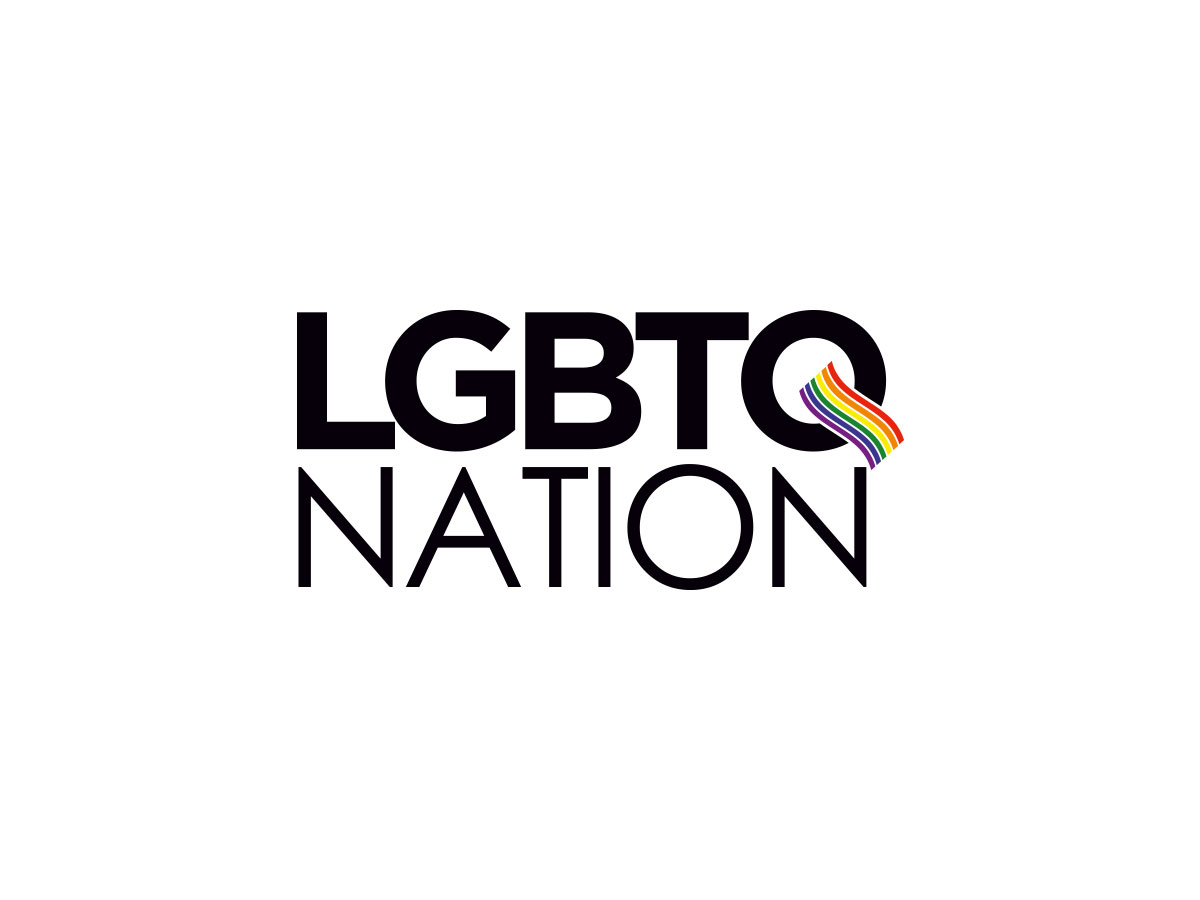
MONTGOMERY, Ala. –— Cari Searcy, Kim McKeand and their 9-year-old son Khaya will go before a judge in Mobile next week to get the legal recognition for what they’ve been for last decade: a family of three.
They expect a judge to approve Searcy’s second-parent adoption petition for the son that McKeand, 37, gave birth to in 2005.
“I think it’s just going to be an overwhelmingly happy experience for us all. It’s a day that we’ve been waiting for a long time,” Searcy, 39, said
In the wake of the U.S. Supreme Court ruling overturning state bans on gay marriage, judges are beginning to approve second-parent adoptions families to give gay parents legal rights to the children they’ve been raising for years.
Never Miss a Beat
Subscribe to our newsletter to stay ahead of the latest LGBTQ+ political news and insights.
The Mobile family filed the lawsuit that overturned Alabama’s ban on gay marriage. They didn’t intend to become the face of the fight for gay marriage in Alabama. Searcy said she was just trying to gain rights to their son that the couple, together for 17 years, planned and had together.
Khaya was born with a hole in his heart and needed surgery. Searcy said that her status as a non-parent became clear when a nurse said she needed proof of guardianship to show her procedures needed for the boy’s care. “I was a total legal stranger,” Searcy said.
Searcy’s first adoption application was denied on the basis that only married couples or single people could adopt in Alabama. The couple wed in California in 2008. They applied again, but were rejected because of the state’s prohibition on recognizing their marriage. That led to the lawsuit against Alabama’s ban on gay marriage and a January decision by U.S District Judge Callie Granade overturning the state ban.
Couples wed in Alabama for three weeks, but the weddings got put on hold in March when the Alabama Supreme Court directed judges to stop issuing the licenses. The U.S. Supreme Court ruled last month that gays and lesbians have a fundamental right to marry nationwide.
Tracy and Ashley Haraway of Huntsville had their adoption approved last week. Tracy Haraway gave birth to the couple’s twin boys, now 15 months old, and the adoption recognized Ashley as a legal parent.
“It means peace of mind for sure, knowing if I was not around that she’s legally entitled to make those decisions. It’s a huge relief,” Tracy Haraway said.
Tracy Haraway, 29, said it will be an emotional day when they get a new birth certificate, officially listing them as parents to their boys.
Alabama birth certificate currently lists a child’s mother and father.
Catherine Molchan, director of the Alabama Center for Health Statistics at the Department of Public Health, said they are looking at changing the label. However, she said that will not be done in time for the first adoptions involving gay couples. The department has already modified marriage license forms to accommodate same-sex couples.
Susan Watson, executive director of the American Civil Liberties Union of Alabama, said so far she has known of no hang-ups with the adoption applications so far.
Searcy said she anticipates that the adoption will go smoothly next week, but after nearly a decade of fighting she can’t help but be a little nervous.
“I look forward to when this is all over and it’s no longer gay marriage or same-sex marriage, just marriage and our family is no longer considered a gay family or a same-sex family. We’re just considered a family.”
This material may not be published, broadcast, rewritten, or redistributed.













